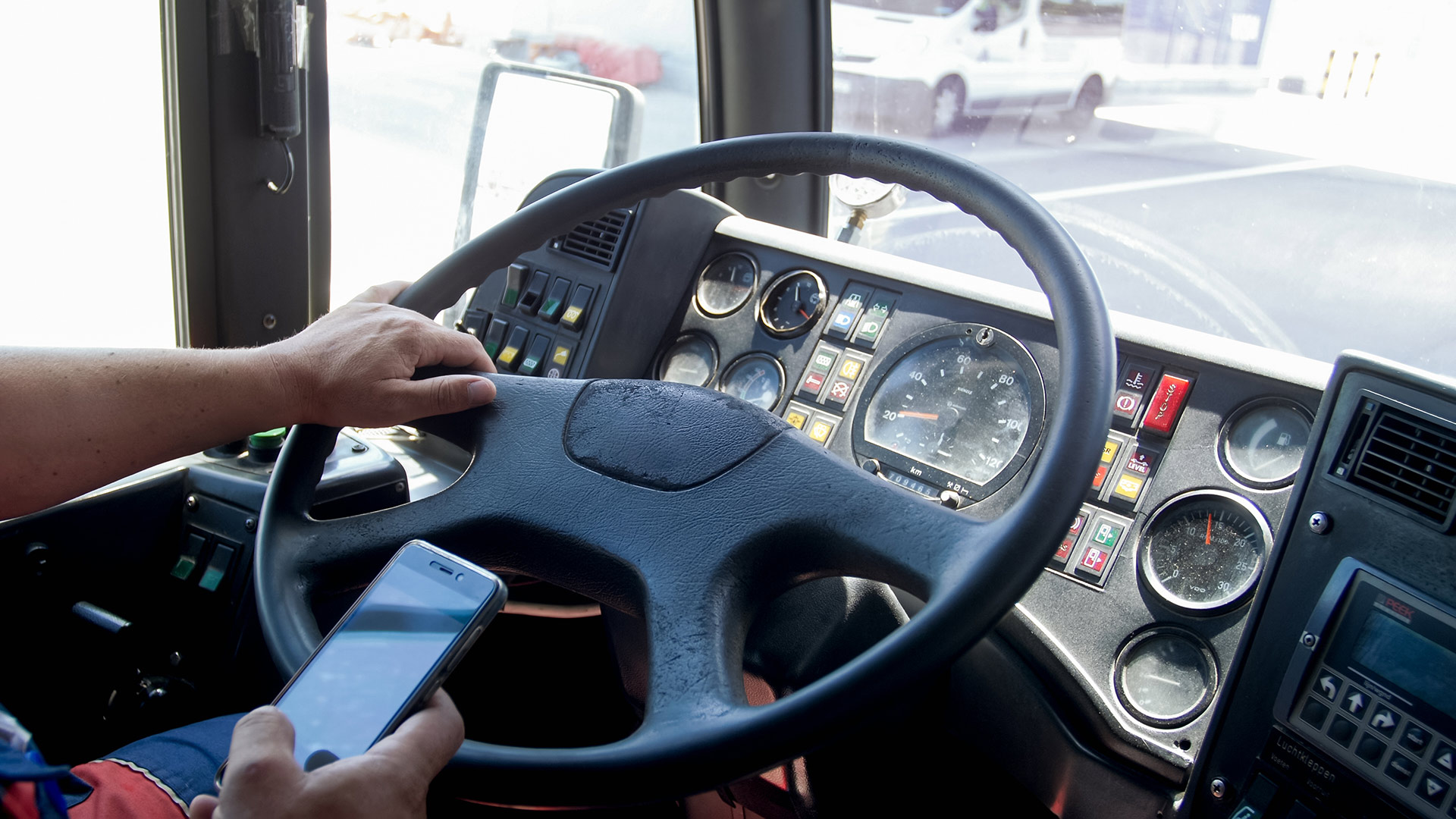
The North Carolina Highway Patrol (NCHP) is taking a step to curb distracted driving, specifically among commercial truck drivers, by deploying artificial intelligence (AI) devices.
Distracted driving continues to be a deadly issue on the roads of the United States, with over 3,500 fatalities attributed to it in 2021, according to the U.S. Department of Transportation.
Jennifer Smith, an advocate for safe driving, knows the tragic consequences of distracted driving. Her mother fell victim to a distracted driver, and later, her daughter was involved in a collision with another distracted driver.
“At a stoplight you look around, every single person is on their phone,” she lamented in an interview with Fox News.
In response to the growing number of traffic fatalities, the NCHP invested $495,000 in three Heads-Up AI devices developed by Acusensus. The devices were funded through federal grants aimed at enhancing safety on the state’s roads.
The Heads-Up device utilizes AI to capture multiple images of commercial motor vehicles, including their license plates and truck cabins. These images are then forwarded to law enforcement, who can identify violations such as distracted driving or failing to wear a seatbelt.
According to the company’s website, the technology aims to “change behaviors and prevent road trauma.”
“Acusensus Heads-Up uses patented technology to detect and capture prosecutable evidence of drivers illegally using mobile phones whilst driving. The solution additionally simultaneously captures evidence of other dangerous driver behaviours including seatbelt non-compliance and speeding (at a point or averaged over a distance),” the company states.
After receiving the data, law enforcement officers can decide whether to issue a citation.
Importantly, the AI devices are mobile, so they can periodically be shifted to different locations throughout the state.
Ben Greenberg, president of the North Carolina Trucking Association, acknowledged that there may be privacy concerns regarding the use of these cameras, but he believes addressing distracted driving is critical.
“I think folks generally understand and appreciate that distracted driving is an issue,” Greenberg told Fox News.
Smith, who advocates for more hands-free driving laws across the country, echoed this sentiment.
“It’s really just get off your phone, that’s all we want,” she said.
The North Carolina Highway Patrol initiated the program in the spring, and the early results are promising. From June 1 to August 4, 441 citations were issued for seatbelt violations, and 315 for hands-free violations.
The Heads-Up device is designed solely for use on commercial motor vehicles, with a focus on enforcing hands-free laws. It is not used on the general public.
According to April Dawson, a law professor at North Carolina Central University, this technology could serve as a powerful deterrent.
“If commercial drivers know that they could be stopped and fined because there’s artificial intelligence that is looking to see if they are using their phones or not wearing a seatbelt, then without a doubt, that’s going to cause more compliance,” Dawson commented to Spectrum News 1.
She also noted that in the future, AI might be used more widely as a deterrent for the public at large, potentially raising legal questions. Experts have raised concerns about privacy and constitutional issues regarding the use of AI on the roads.
“We are definitely potentially going down a slippery slope,” Dawson said, highlighting Fourth Amendment concerns regarding unreasonable surveillance when AI is used to peer inside vehicles.
Addressing these concerns, the North Carolina State Highway Patrol assured that traffic stops will only be conducted if the information from the Heads-Up device is substantiated, and the images captured are not shared with any other law enforcement entity.
As of now, there are no plans to require the use of these devices on non-commercial vehicles.





